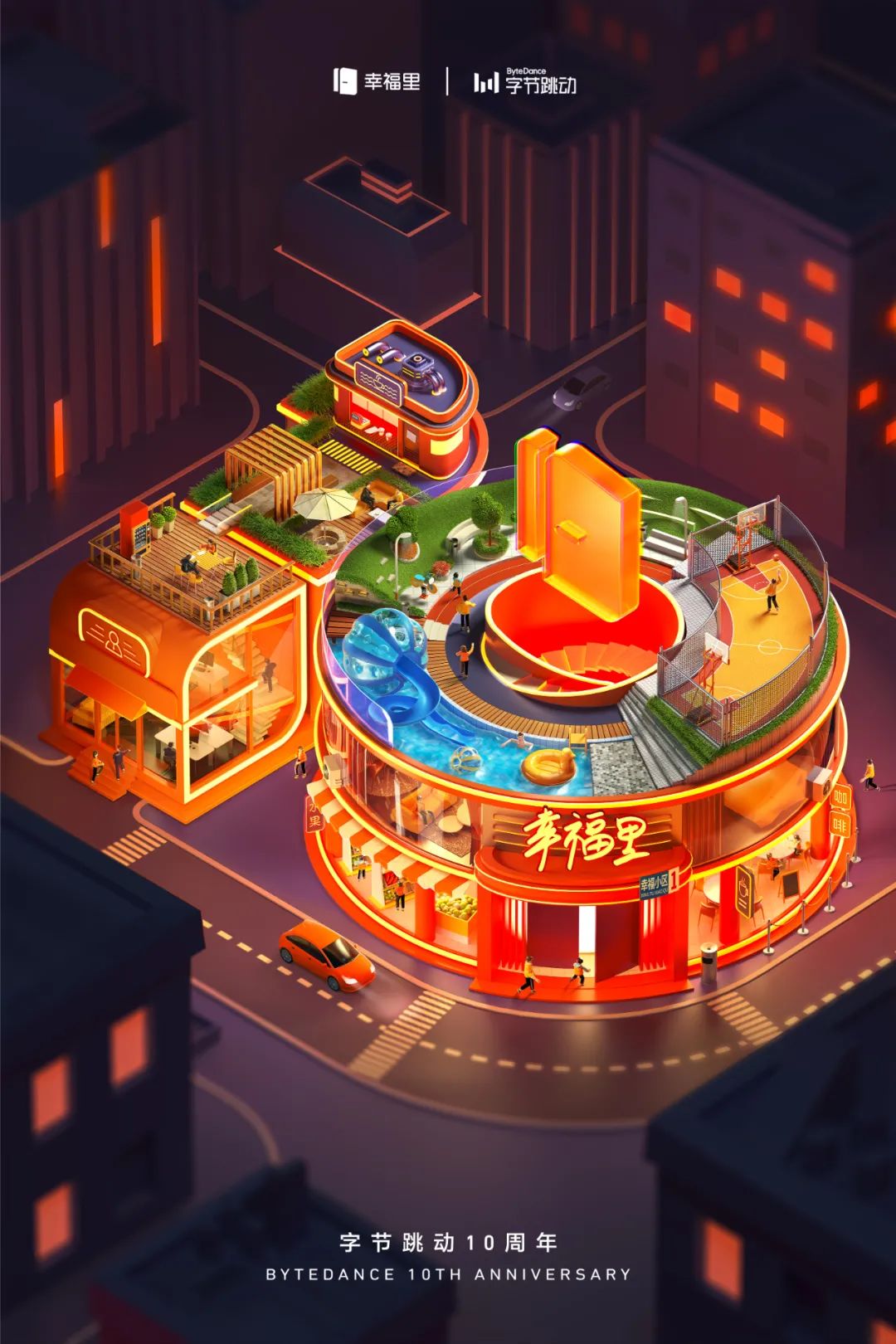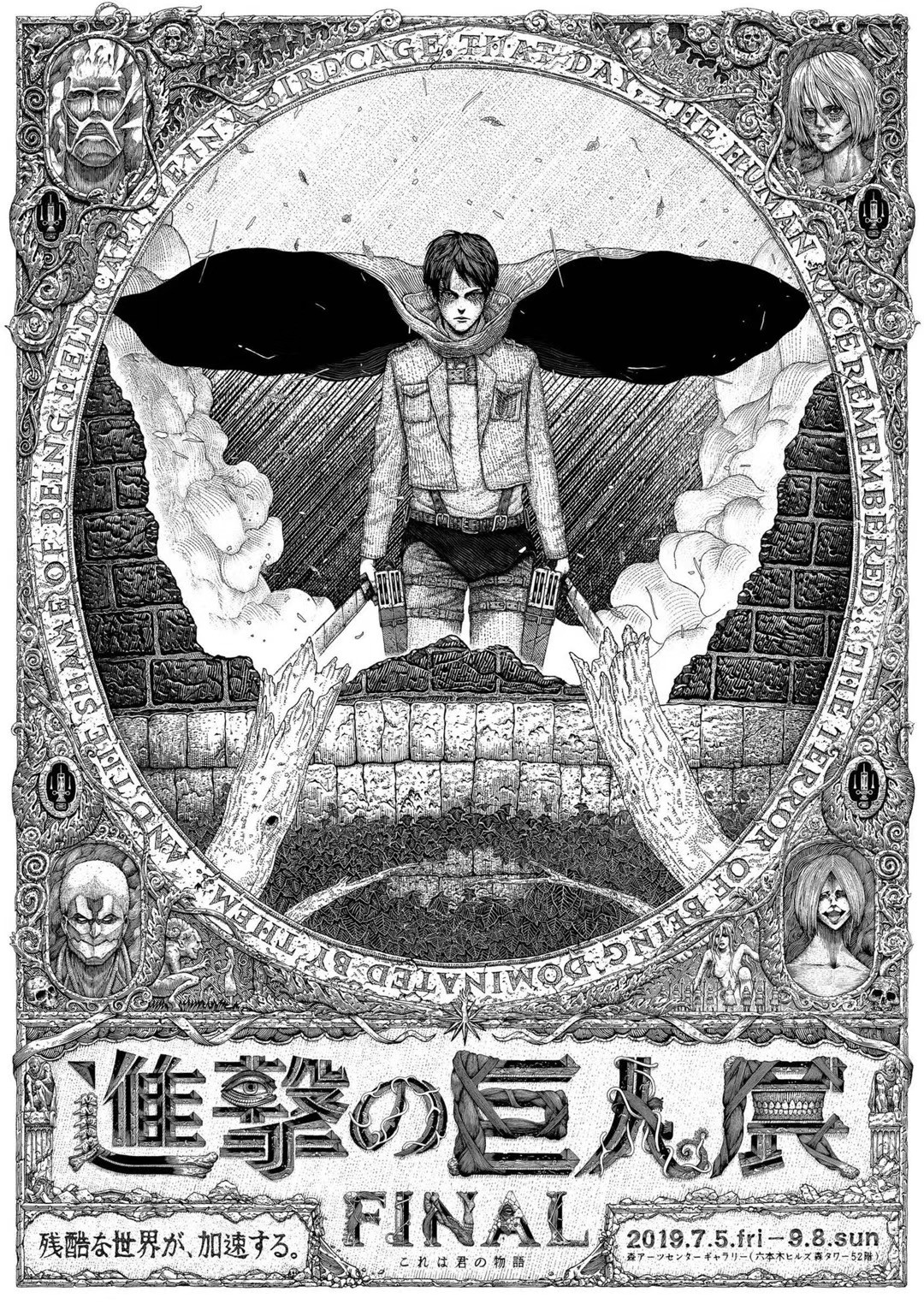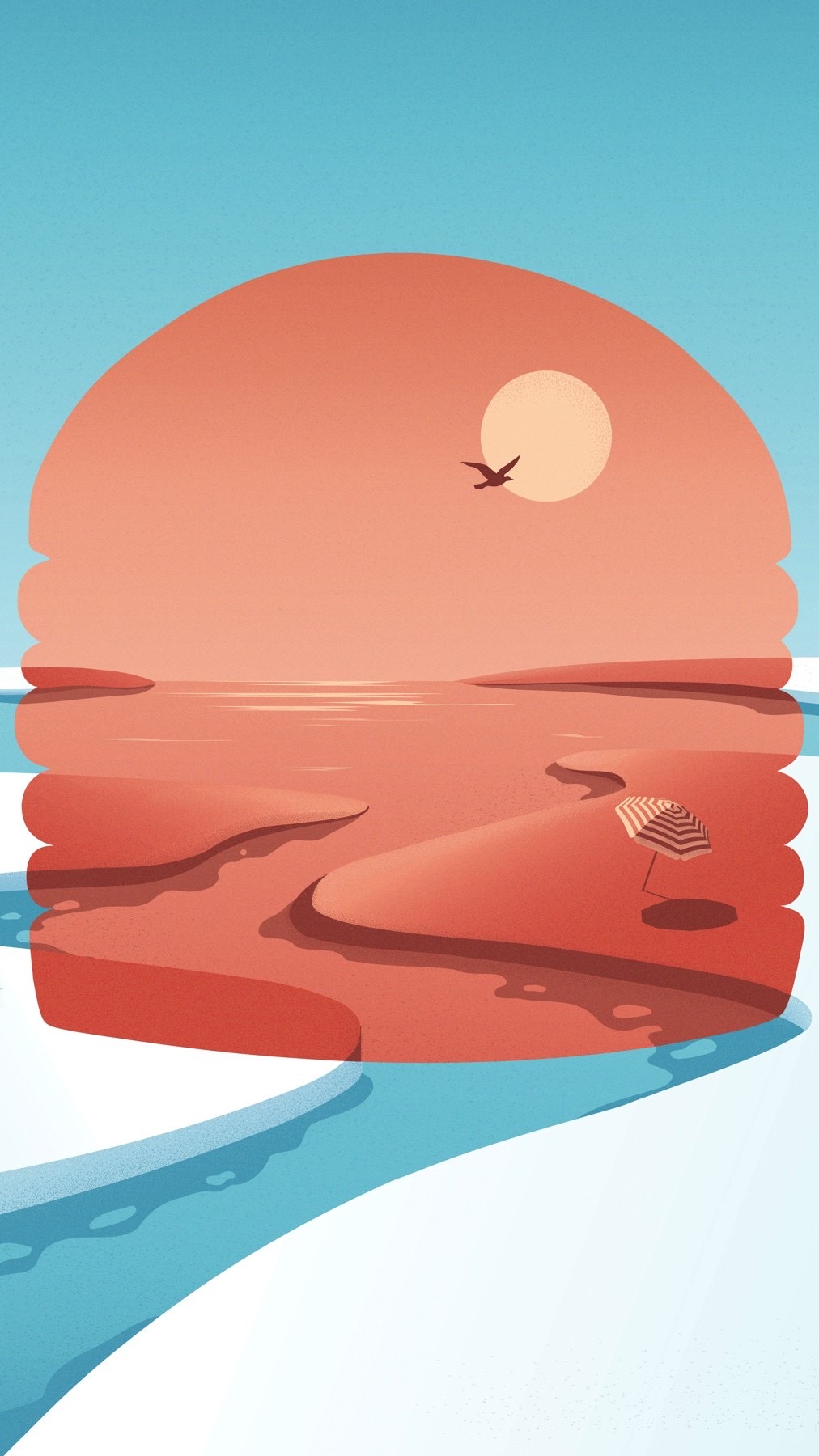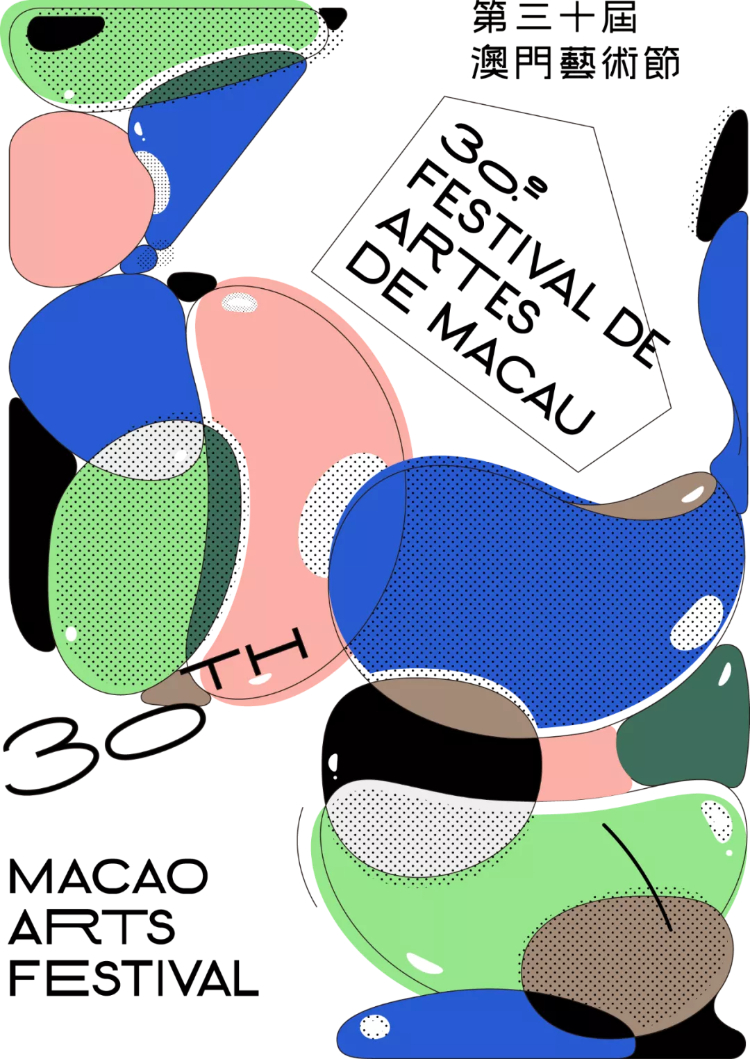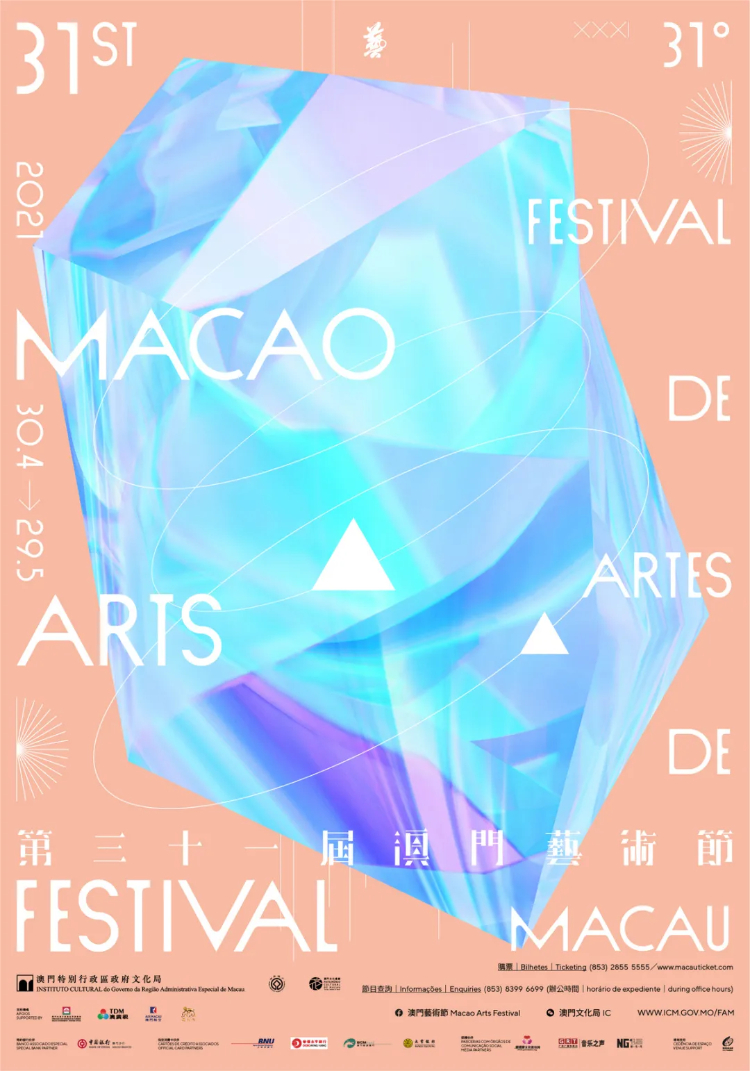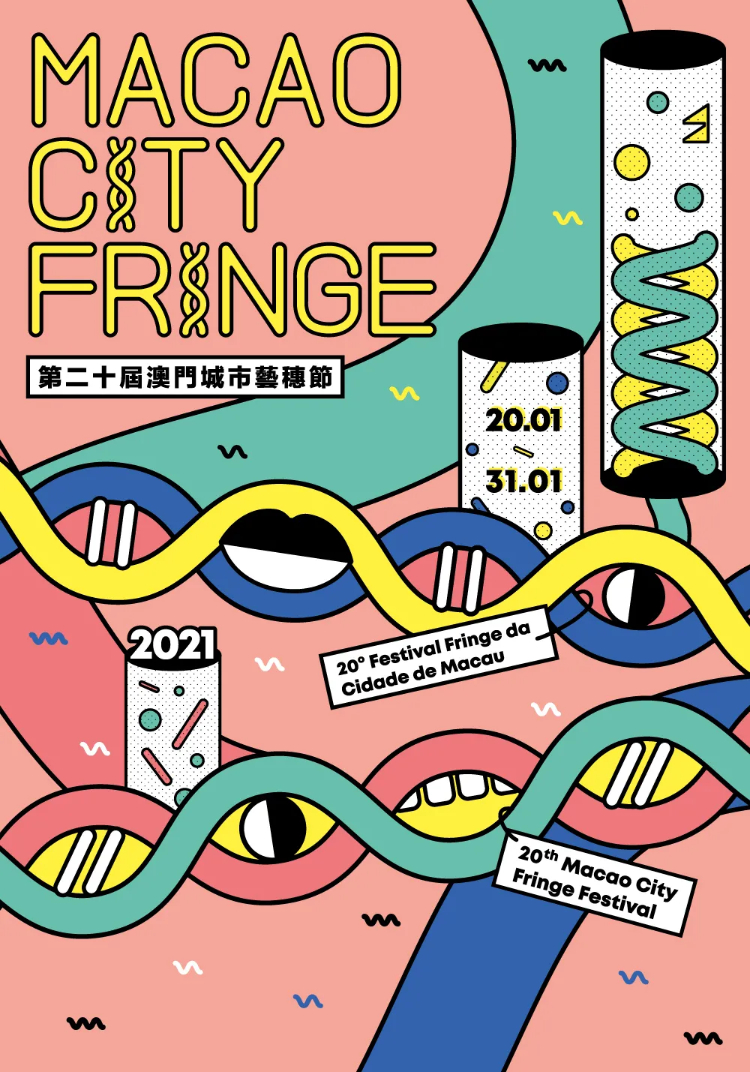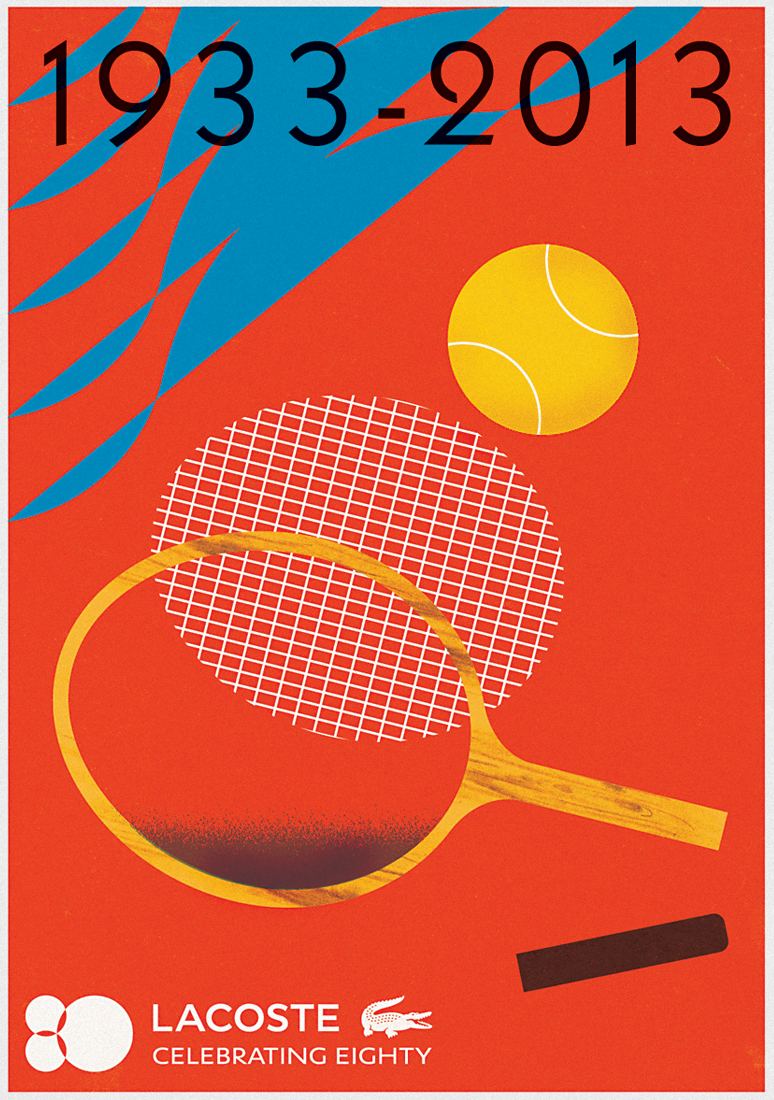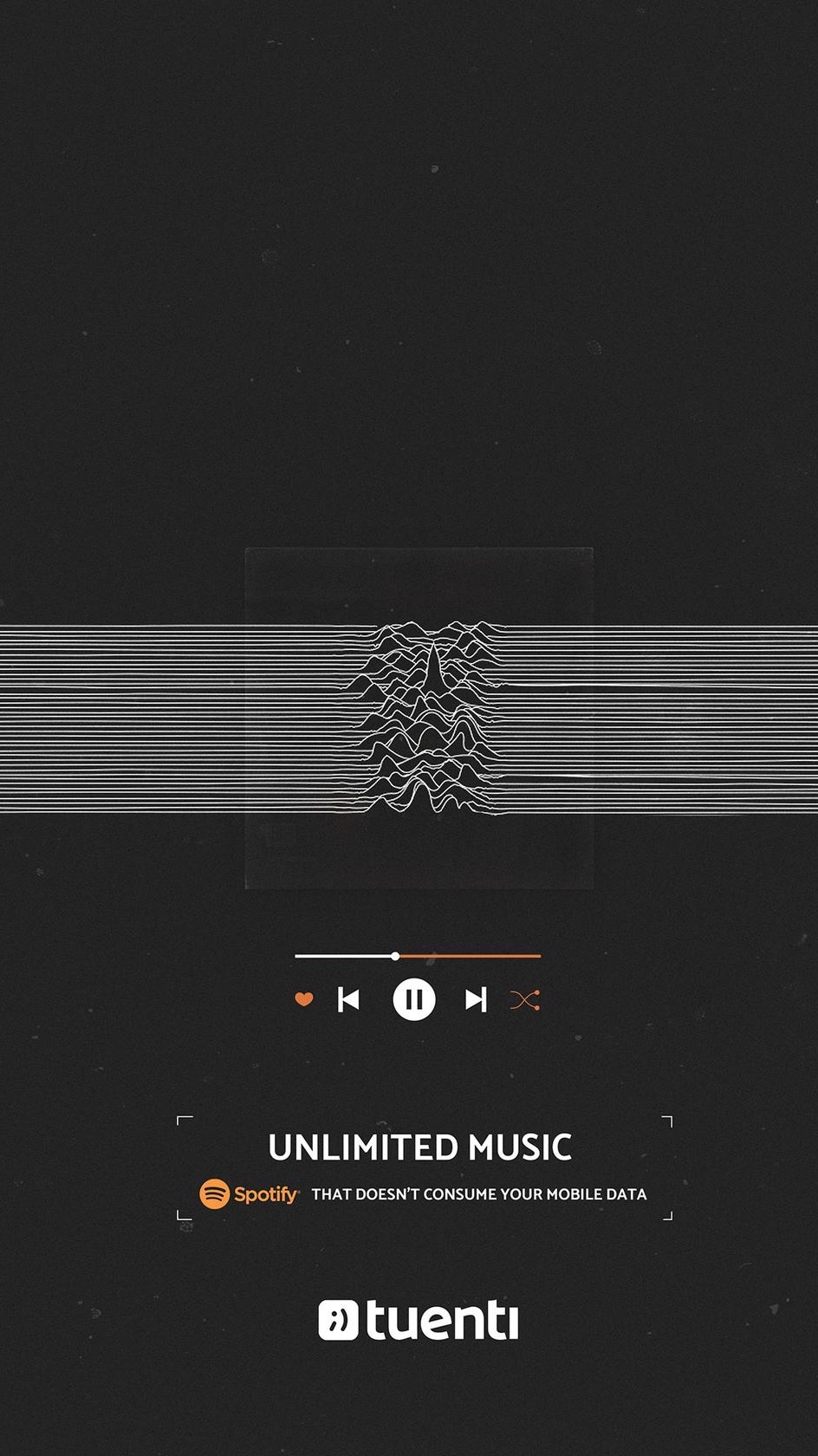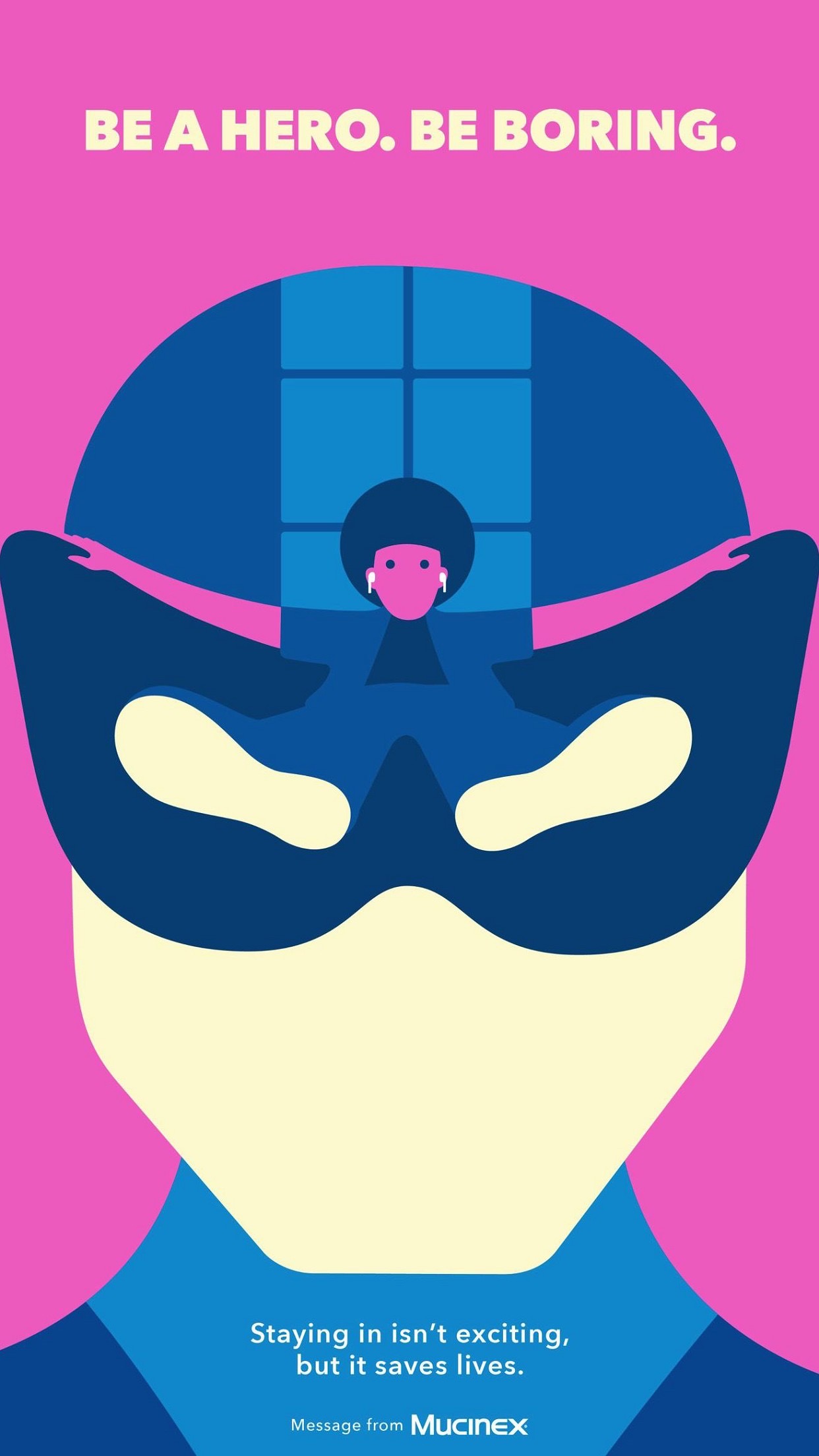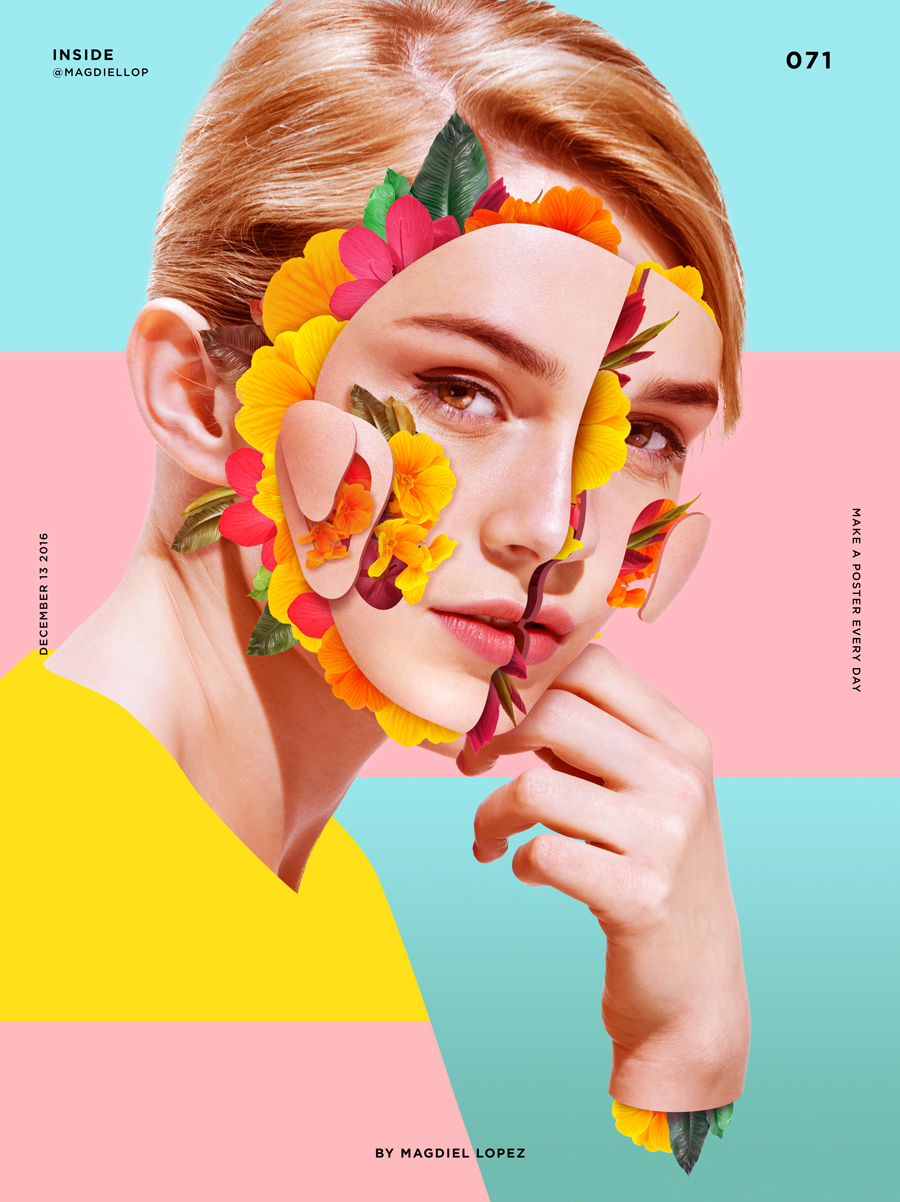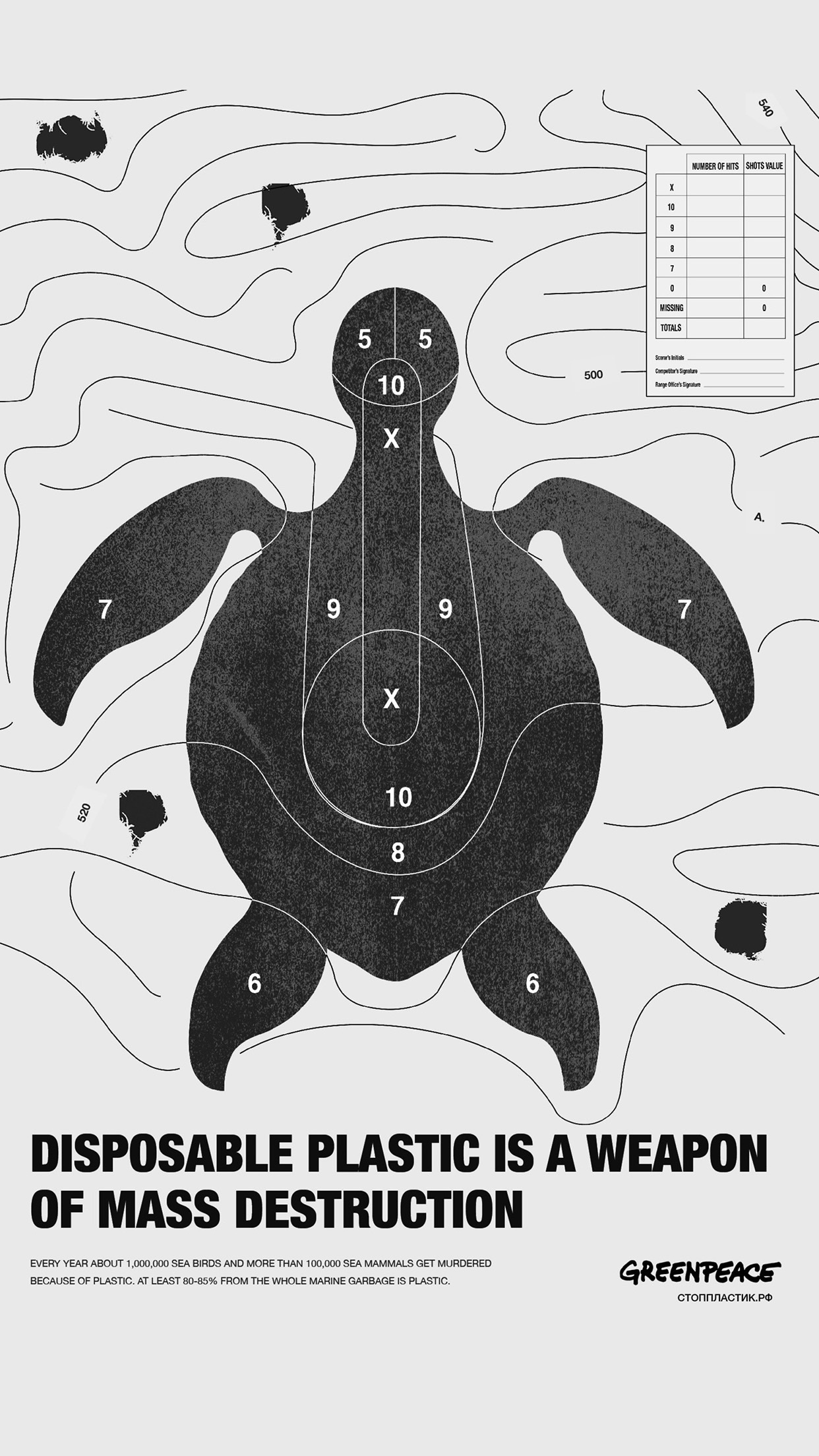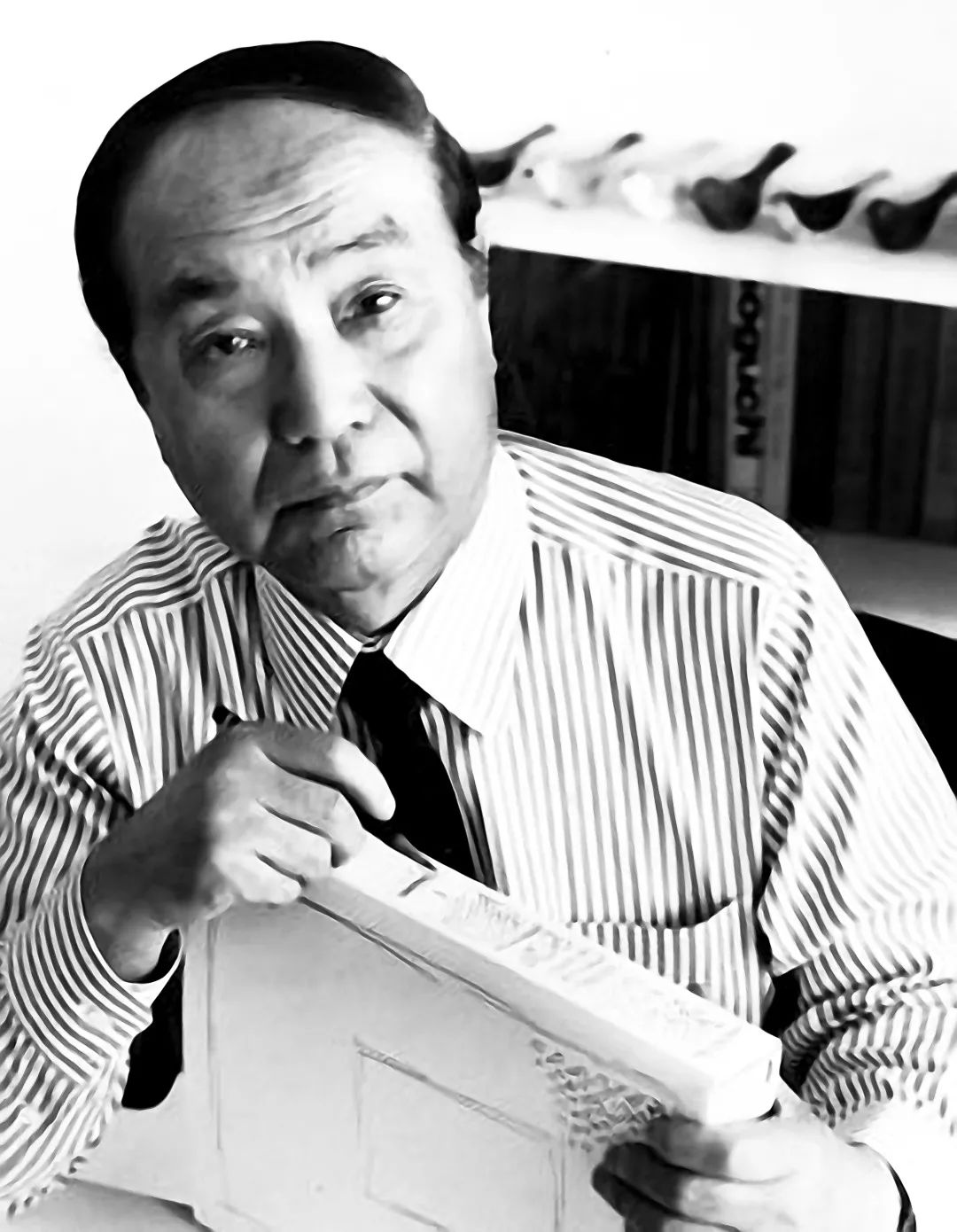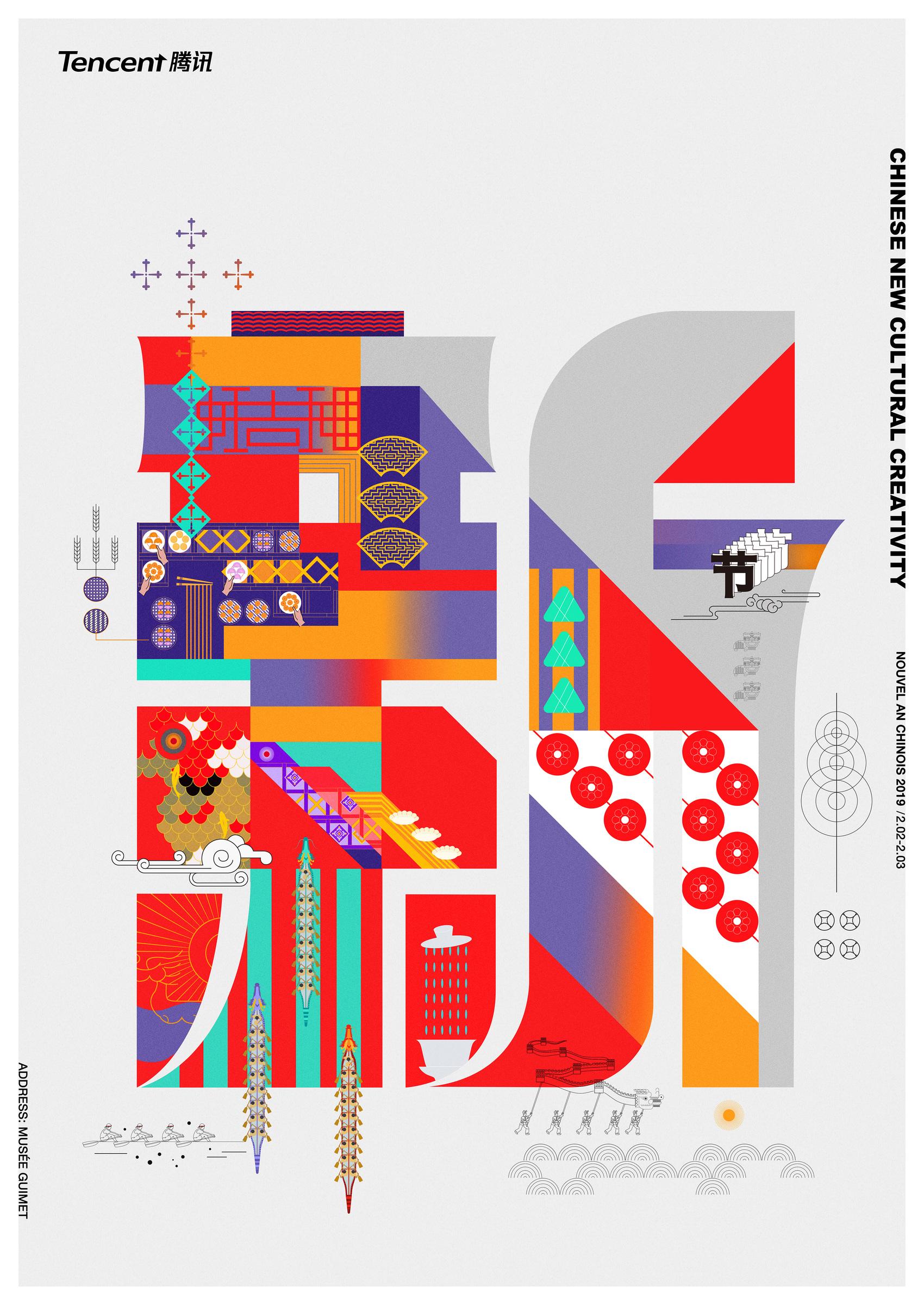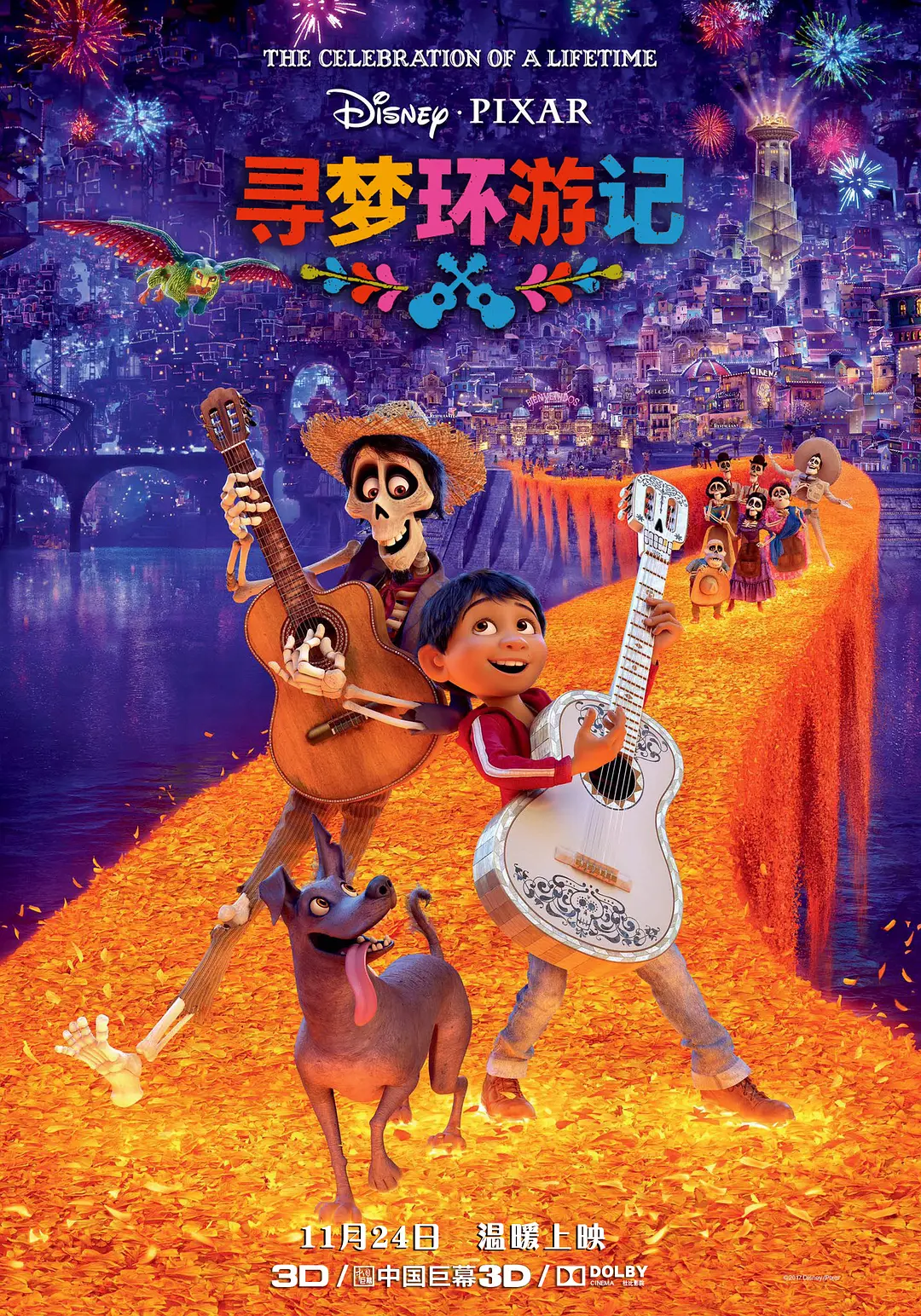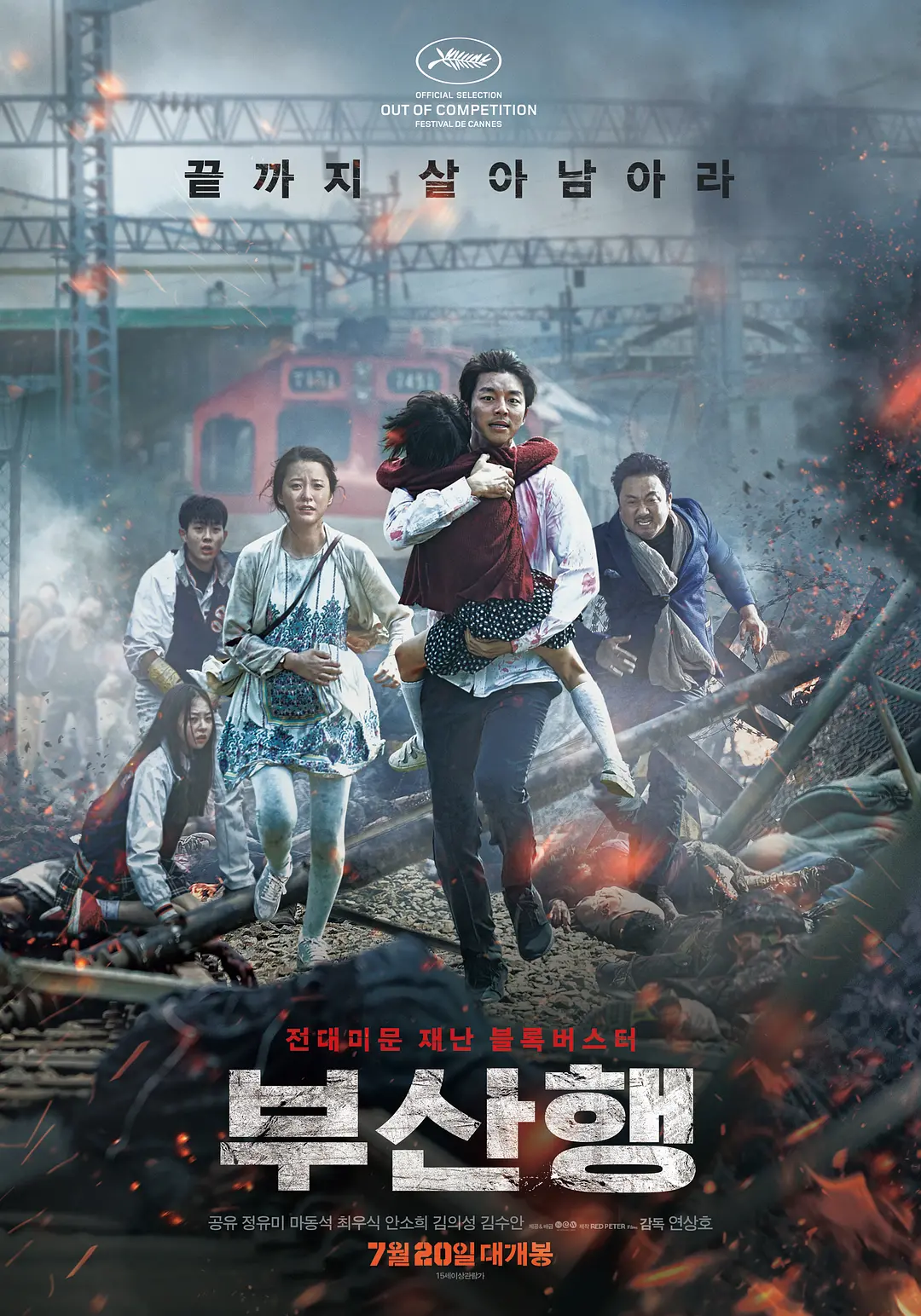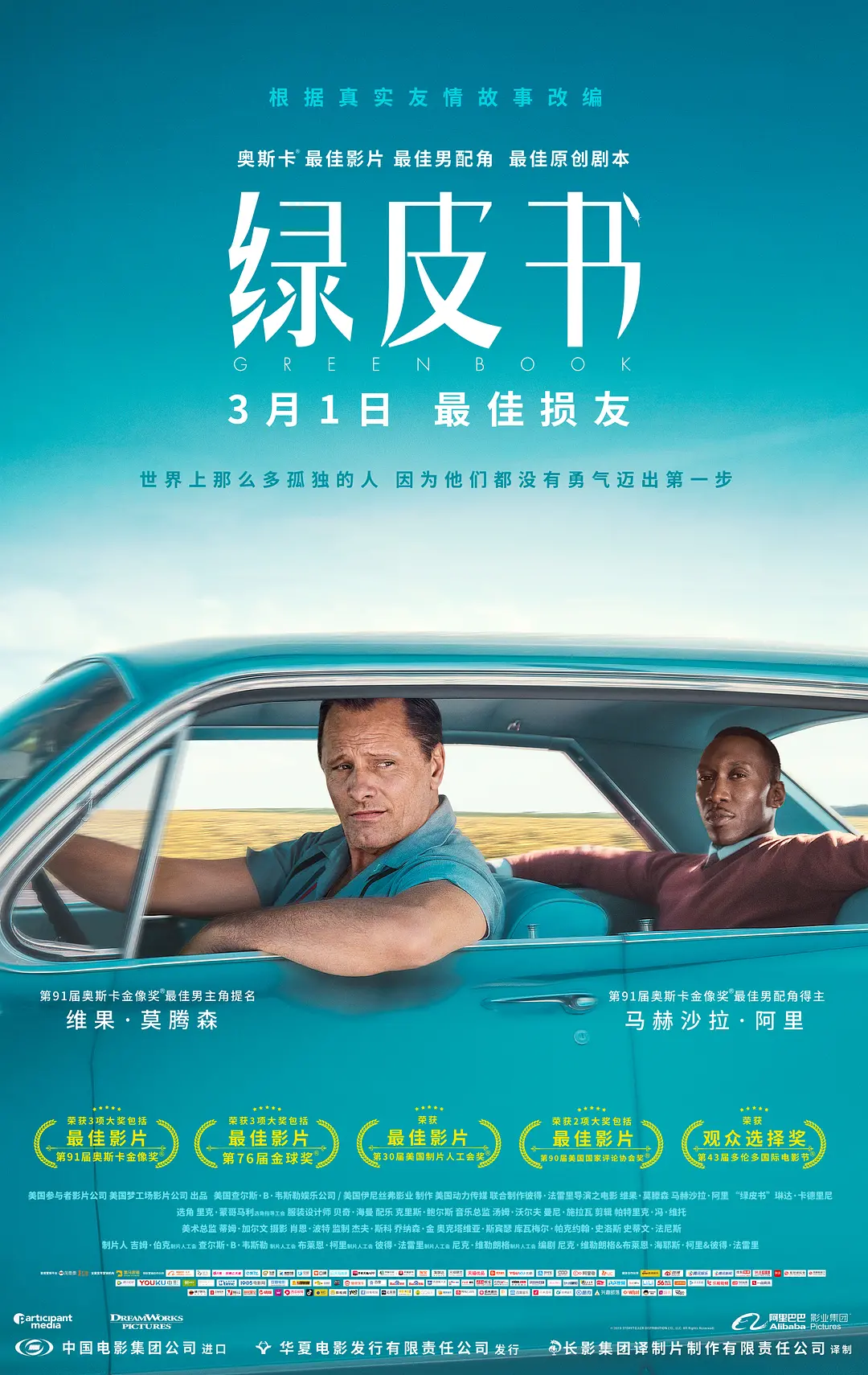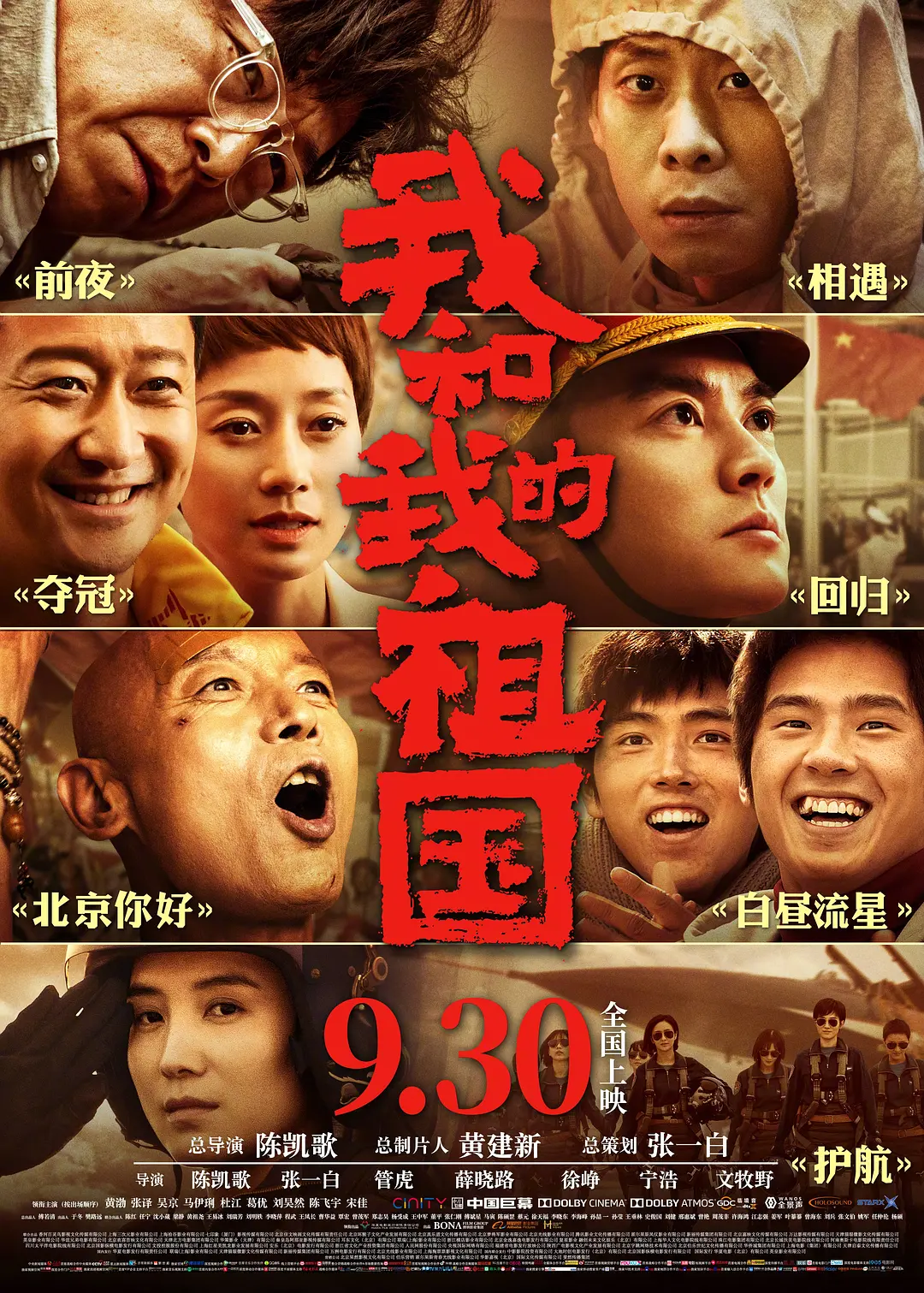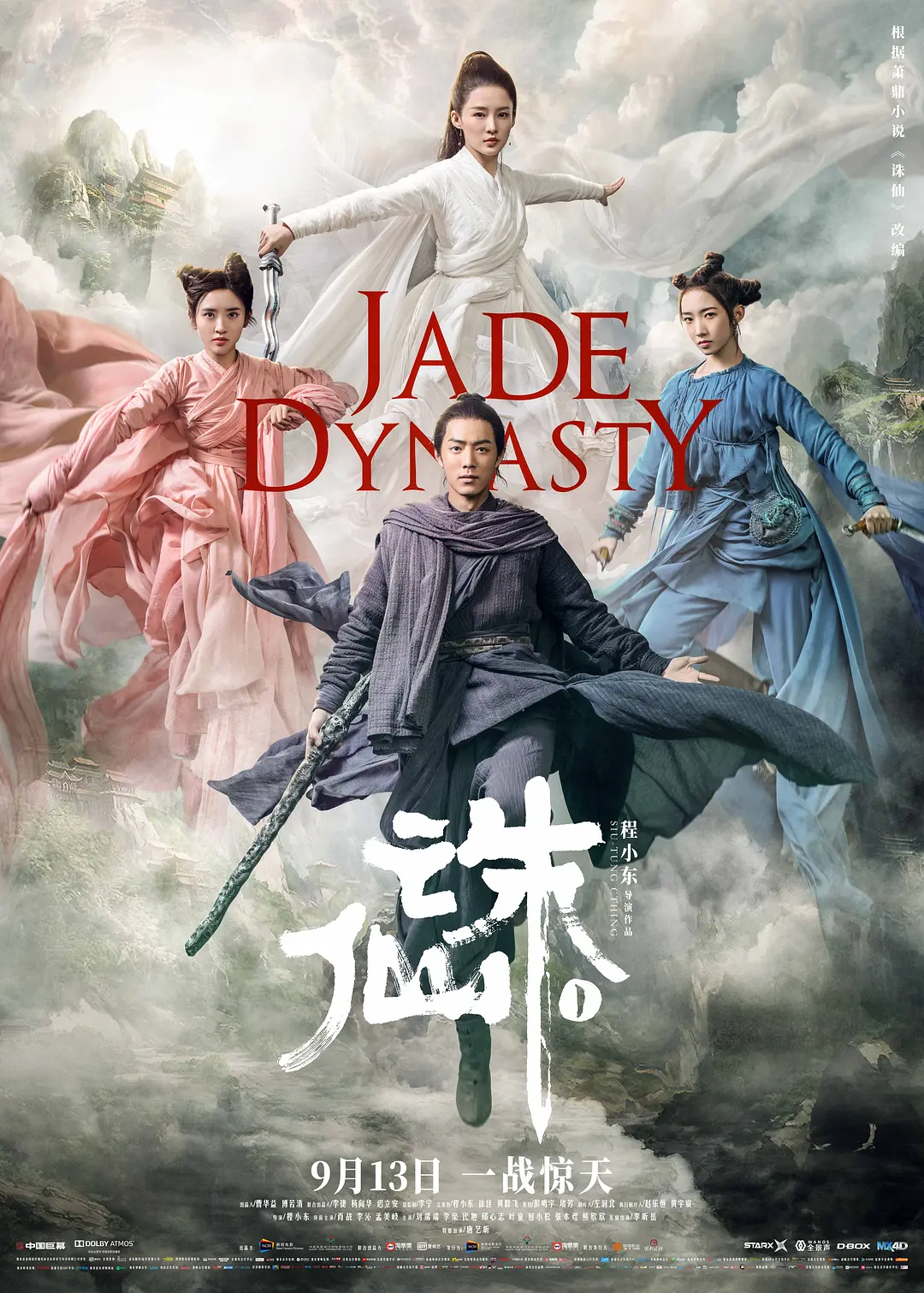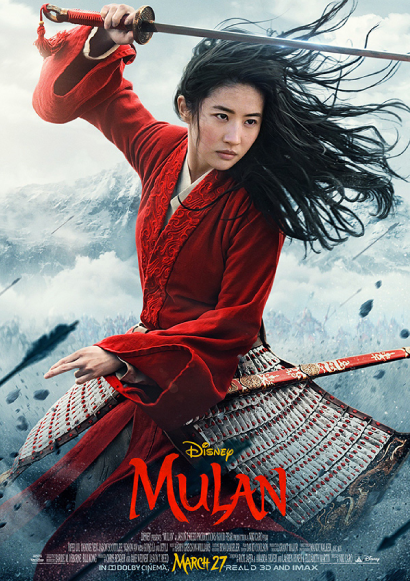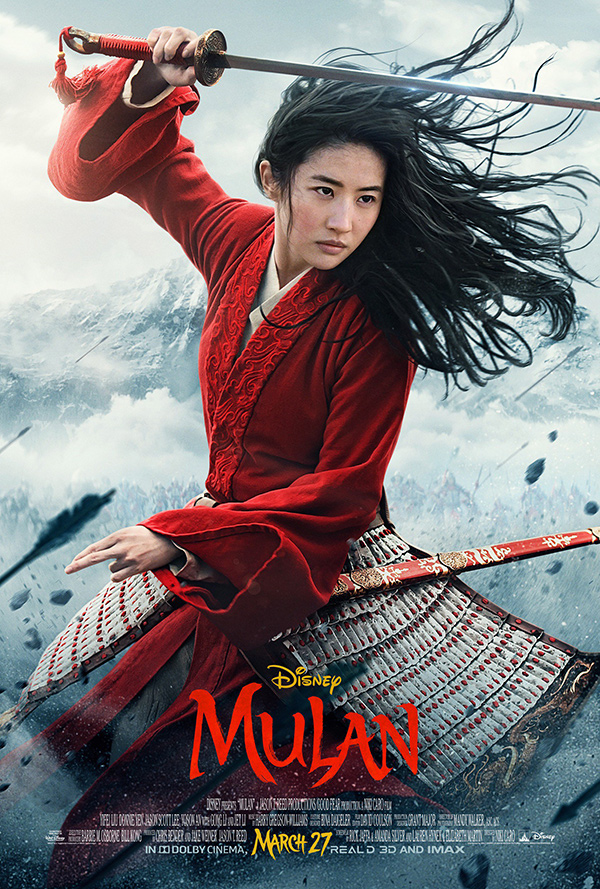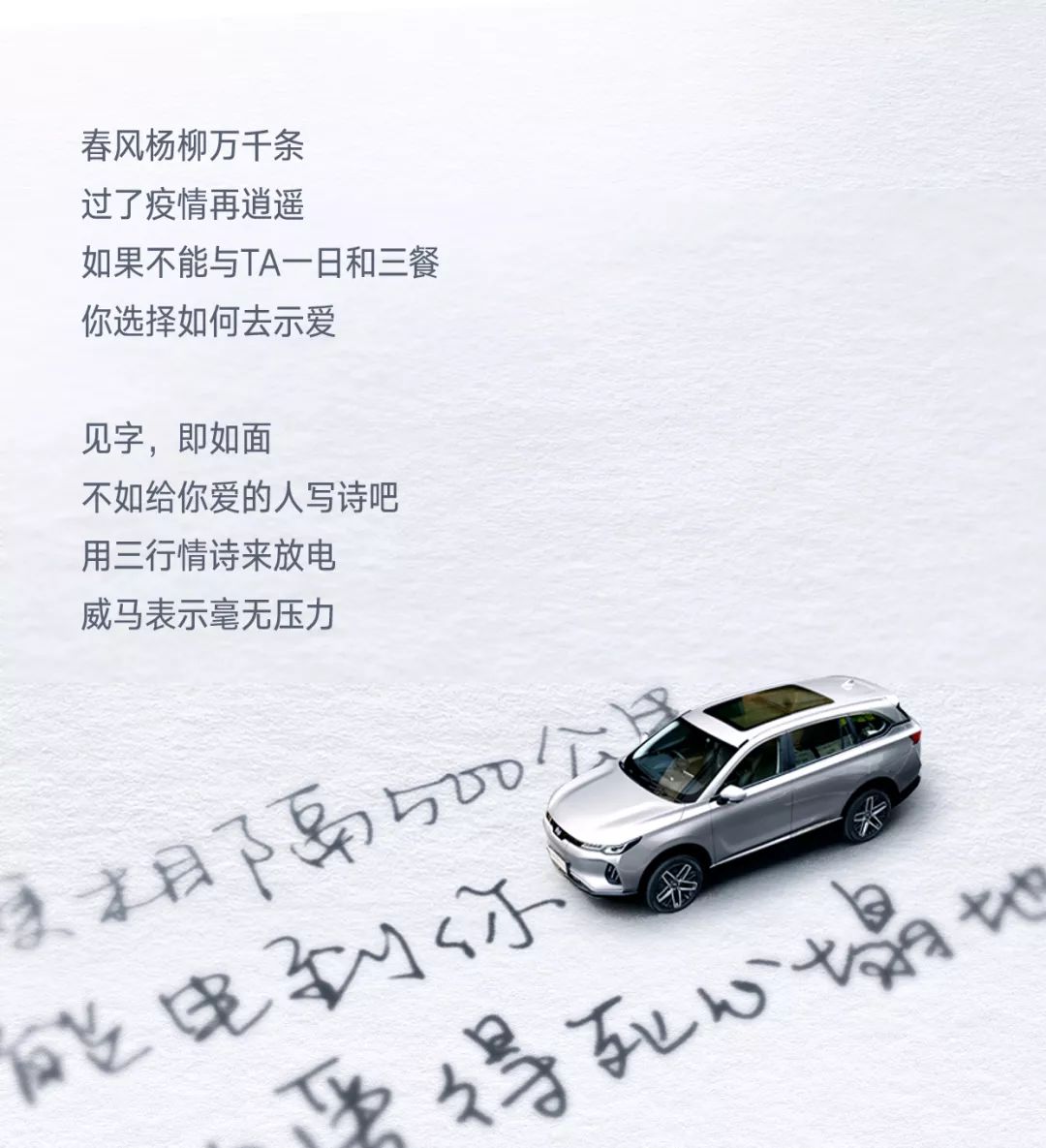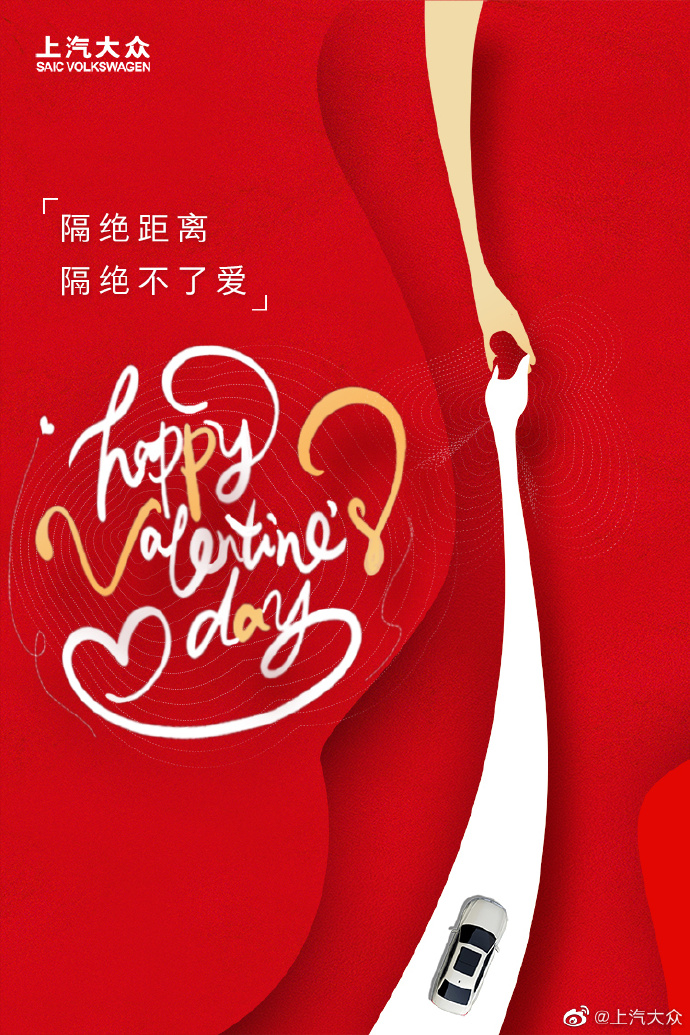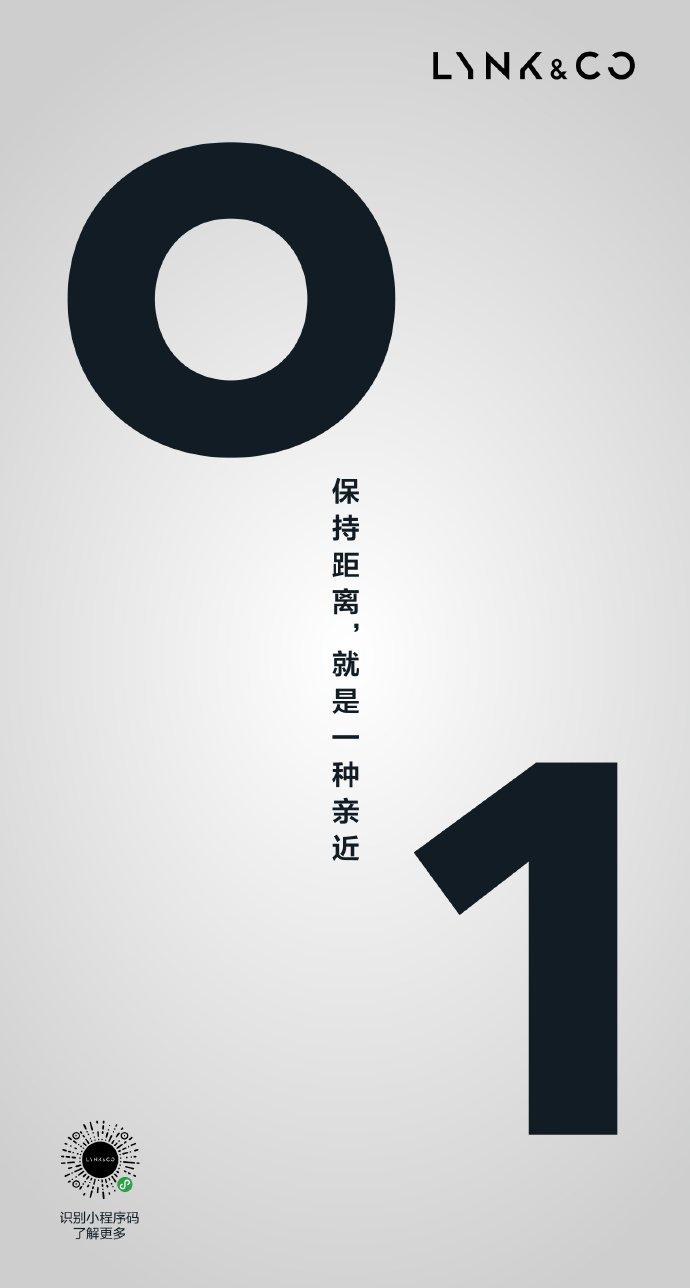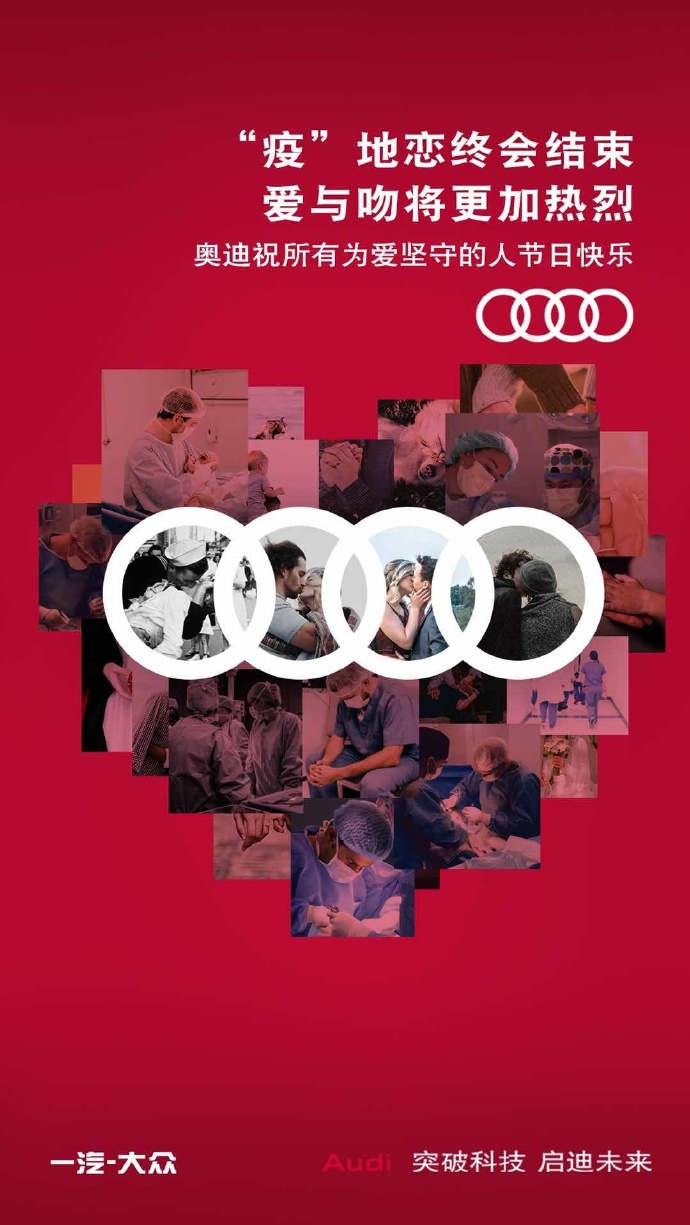Renaissance philosopher Pico della Mirandola was the patron of the festivalâs 22nd edition. “I know what others do not know” this became the theme of the event. This thought was supplemented by three additional ones, two of them relating to perception: I see what others can not see and I hear what others do not hear, and one relating to expression: I speak what others do not speak. This way a narrative was built around the uniqueness of the act of creation. It described not only the creative process leading to the creation of the work, but also the intuition that each of us knows only our own truth about the world. The festival became a guide to these multiple truths, while other features of the programme helped to discover what is most valuable in contemporary culture.
Michał Minor, a painter from Katowice, attempted an expressive interpretation of the four flagship festival slogans and their visual representation was used in the creation of the eventâs image. His raw, handwritten, sometimes clumsy lettering clashed with a centrally composed, rational typography and the geometric characters of the Circular typeface. The logo of the festival proved to be an important visual element, as it referred to industrial seals in its form and thus reinforced the contrast between the layers of expression (the motto of the festival) and information.
The festival colours â old gold and black. This composition reinforced the impression of a quest for some valuable resource, indicating something valuable and inscrutable at the same time.
The first element of visual identification was series of four posters, corresponding to music, film, art and literature. When placed next to each other they cottoned the slogan: I know what others do not know. The posters were placed in public spaces in various configurations, sometimes arranged into a clear message, and sometimes creating a meaningless combination of words. This intensified the feeling of mystery and encouraged the discovery of meanings.
An extensive series of literary events took place in addition to the main part of the 22nd edition of the Festival, highlighted with a specially designed booklet with a Z-shaped inlay. Thanks to this solution we obtained two autonomous publications connected by a single cover. In addition, to strengthen the contrast, colour inversion was used in the section on literature.
An important element in promoting these events were exclusive, screen-printed invitations. Two laminated types of paper (black-dyed Fuego and Munken Lynx) were printed with gold paint and then packaged in a gold foil envelope.
The festival was promoted by two programme brochures (general and film) in a leporello form, four B5 leaflets, a citylight, billboard and internet campaign. A scheme for newspaper ads was designed.















